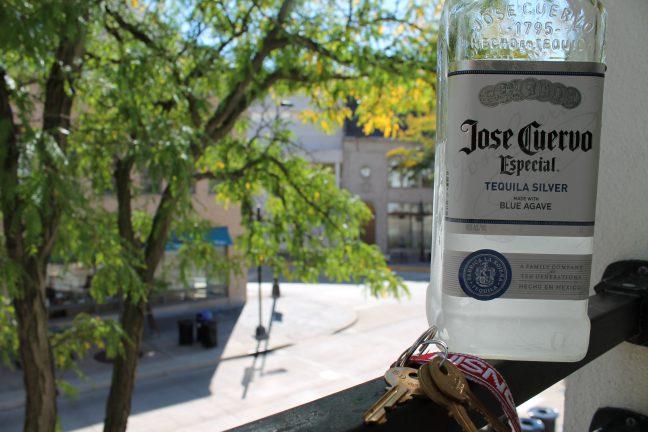When you think of Wisconsin, what’s the first thing that comes to mind? In a state that calls its baseball team the Brewers, there’s no denying that Wisconsin is known for its heavy drinking culture.
Despite losing its spot as top party school according to the Princeton Review, the University of Wisconsin was still named the school with the most beer in 2017, and the university is consistently trying to address the drinking epidemic with programs like AlcoholEdu.
Wisconsin even somewhat encourages underage drinking in what many consider to be a “loophole” to the national drinking age, stating that those under 21 can possess and consume alcohol if supervised by a parent, guardian or spouse who is at least 21 years of age or older.
Wisconsin’s drinking culture truly gets concerning, however, when studying the severity of alcohol-related car crashes statewide.
According to the Wisconsin Department of Transportation, “Alcohol remains the single greatest driver contributing cause of fatal crashes.” In 2015, on average, one person was killed or injured in an alcohol-related car crash every 2.9 hours in the state of Wisconsin.
Despite this, Wisconsin remains the only state in the U.S. that does not criminalize first-time DUIs. Instead, a first-time DUI is treated in a manner similar to a speeding ticket.
The fact that Wisconsin treats drunk drivers with such leniency is, frankly, ridiculous and irresponsible. Despite the state’s national ranking as 20th in population, Wisconsin consistently ranks as one of the top 15 states in the nation for the most drunk driver arrests, proving the state clearly has a drunk driver problem.
Republicans Rep. Jim Ott and Sen. Alberta Darling have been working to criminalize first-time DUIs in Wisconsin for several years now. When newly-elected Gov. Tony Evers expressed he would be open to seeing that happen, Ott and Darling reintroduced their idea, slightly changing it so that those arrested could seek expungement if they are able to avoid a second offense within five years.
Whether or not the bill will pass is up for debate — Ott himself admitted it will be a tough sell. “All we can do is put the legislation out there and do the best we can to get it passed,” he said. The main concern of the bill’s opposers is that having a DUI on one’s criminal record could negatively affect how future employers see them.
By profusely rejecting the criminalization of DUIs, however, Wisconsin is only perpetuating its own problem. Drunk drivers need to be held responsible for their actions, and knowing that their first offense will be treated in the same way as a traffic violation likely encourages drivers to not take caution with their alcohol consumption.
While opposers may argue one mistake should not define someone’s life, the “mistake” of drunk driving is a decision that affects not only the driver, but everyone else on the road.
Two out of 3 people will be affected by an alcohol-related crash at some point in their life, and of all Wisconsin car crash fatalities in 2017, 32 percent were caused by drunk driving.
The reality is that drunk driving is killing innocent people, and Wisconsin is the only state in the U.S. that still undermines its severity by treating first-time DUIs as a civil violation. In order for the state to show it truly cares about its citizens’ safety, Wisconsin needs to criminalize first-time DUIs, and catch up with the rest of the country in recognizing how serious drunk driving really is.
Courtney Degen (cdegen@wisc.edu) is a sophomore majoring in political science and intending to major in journalism.


